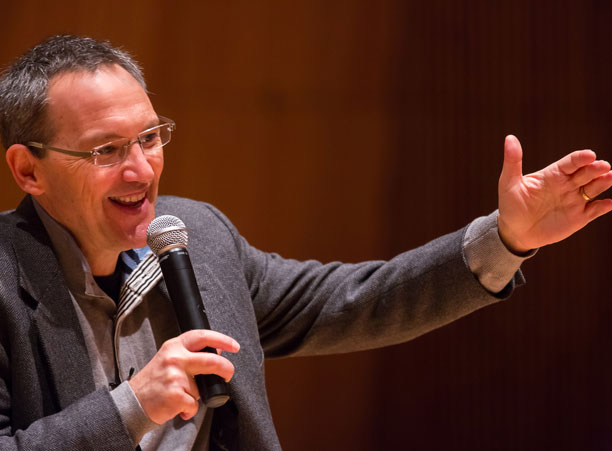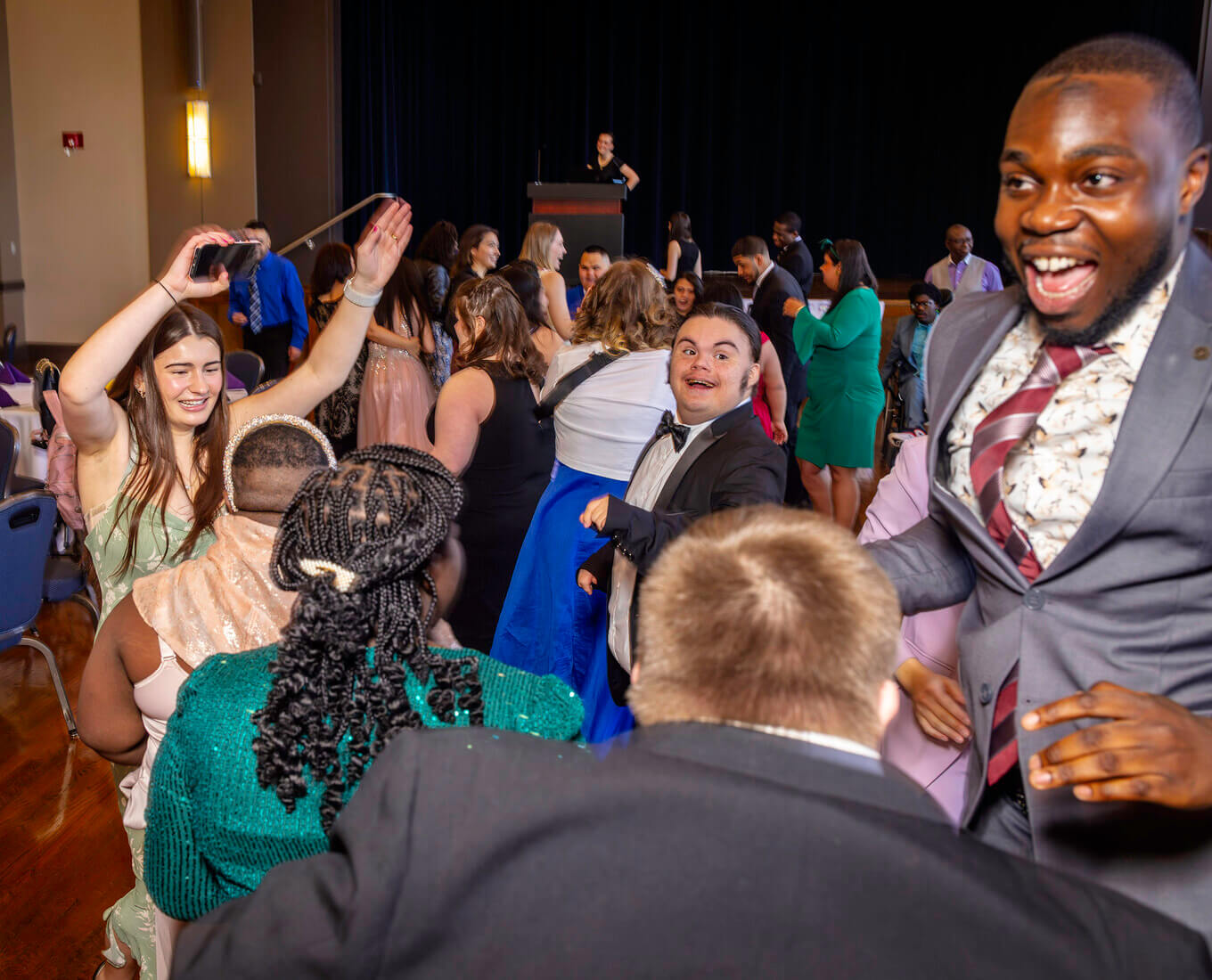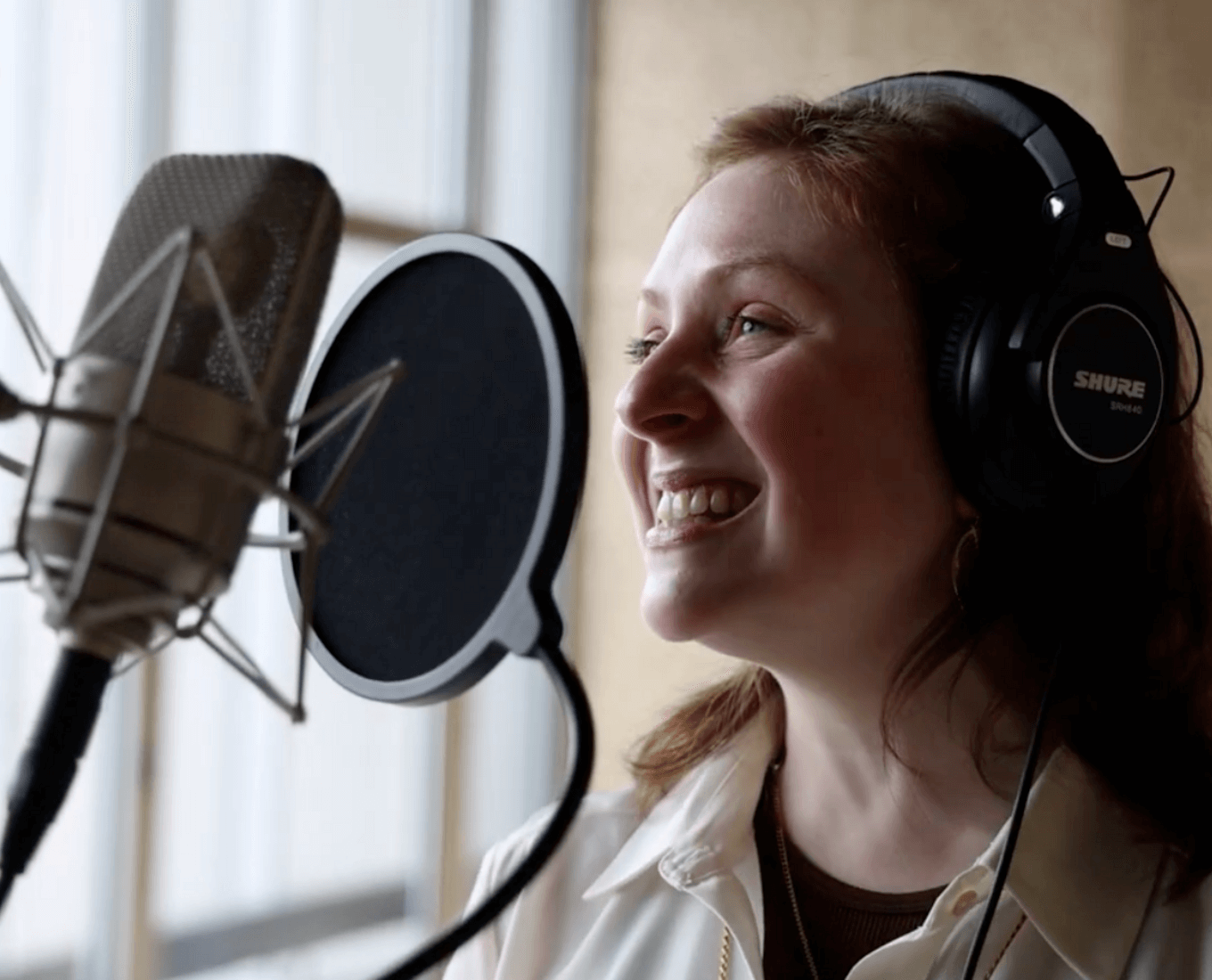Osvaldo Golijov, Loyola Professor of Music at Holy Cross and one of the most prominent and frequently performed composers of our time, will continue his season-long residency as holder of Carnegie Hall’s Richard and Barbara Debs Composer’s Chair with a series of events over the next several months.
A major highlight of Golijov’s Carnegie Hall residency took place in November and December when he guided the citywide "Voices from Latin America" festival.
In an interview before the festival, Golijov told Playbill Arts that it would feature "music that immediately resonates in some part of the territory of your own soul, of anybody's soul. It is music that transcends time and place. I couldn't be happier, knowing that we are bringing this festival to the people of New York City."
Golijov recently spoke about the festival, the upcoming events at Carnegie Hall, and how Holy Cross changed the course of his career and, indeed, life.
1. What are you most looking forward to as the Richard and Barbara Debs Composer's Chair at Carnegie Hall?
"Part of what I was looking forward during this season has already taken place: The Festival that we curated with the Carnegie Hall Artistic team and with Gilberto Gil, Chucho Valdes and Gustavo Dudamel, brought to this temple of music and to the people of New York two months of the most astonishing music that has emerged from Latin America in the last 50 years. Being part of that was one of the greatest joys of my musical life.
"And bringing the St. Mark Passion to the main hall in March, sung with a choir that includes 120 high school students from different areas of New York is an emotion hard to describe, but I'll try: I've always loved and admired Verdi's monumental Requiem. He was able to create a transcendental work of the highest artistic caliber, and at the same time a work that is known by heart by so many people all over the world. It is a work that transcends what we know as 'classical music,' a treasure that crosses cultures and belongs to all of us. I aspired to the same, even if I am aware of the difference in talent between Verdi and I. It is a good feeling to know that the St. Mark Passion continues to be performed across the world and will now be sung by young people of New York and hopefully will be continued to be sung and heard after I'm gone."
2. How has your teaching at Holy Cross influenced your own creative work?
"Would I have undertaken the writing of the Passion if I had been teaching at a conservatory or another college? Absolutely not. The truth is that teaching at Holy Cross is what gave me the courage write the Passion. Teaching at Holy Cross, therefore, determined the course of my life as a creator.
"Teaching here — I should say learning here — together with the memory of a reproduction of Rembrandt's 'Jeremiah lamenting the fall of Jerusalem' that I remembered hanging in the kitchen wall of my great-grandmother were the determining factors of my saying yes to write the Passion. Once again, let's differentiate the talent. But having said that I consider Rembrandt the greatest Jewish painter of all times, especially in what he expressed in that particular painting. He was not Jewish. But he lived among the Jews and was able to observe and paint a truth about Judaism that no Jewish painter equaled. I grew up Jewish among my Catholic friends in Argentina, and then came to teach here at Holy Cross. I realized I was in the same situation as Rembrandt, and that gave me the courage to go for it — the hope that I could at least reveal a little truth about Christianity that comes from this unique perspective."
3. What does a typical day look like for you now?
"It is, from the outside a very boring routine but from the inside exhilarating and frustrating according to how work goes: Right now I am on sabbatical at Holy Cross, so mornings are for writing, then I like to swim at noon, then more writing or orchestrating, listening to music, studying a score, or sometimes watching a Barcelona soccer game, then bugging my wife and children and then cooking dinner, which I love, because it gives pleasure and, unlike a piece of music, takes a short time to do. The last decade I was on the road a lot for performances, trying to help orchestras and other groups to master the idiosyncrasies of my musical language, but this past year I decided to travel as little as possible, only if there is a very big concert, or premiere or a recording."
4. What music are you currently listening to?
"Right now Jimi Hendrix, Miles Davis in his electric period and Beethoven's late sonatas and quartets."
5. What inspires you?
"I used to be inspired by people, to conceive of music as a theater of sounds. These days I am more intrigued by nature, and by music not so much as a 'personal expression' but as an expression of the universe of which we are only a small part. It is a big change for me and not an easy one, but it came naturally with age."
6. What is the best part of your work?
"Of course it is very beautiful when you go to a rehearsal with an orchestra, or a string quartet, or to a recording of a soundtrack, and everyone feels that there are some moments of powerful emotion, or beauty. But nothing compares to the gut realization that you have alone at the piano, when you know that you found the right chord, or theme to express what you were searching for."
Look for a cover feature on Golijov in the Spring 2013 issue of Holy Cross Magazine.
Related Information:
Professor Golijov is 2012-13 Composer-in-Residence at Carnegie Hall
Guiding ‘Voices from Latin America’ festival was ‘one of the greatest joys of my musical life’
Read Time
5 Minutes



